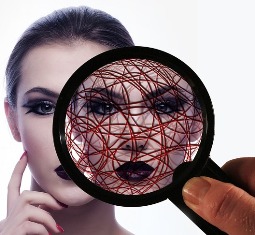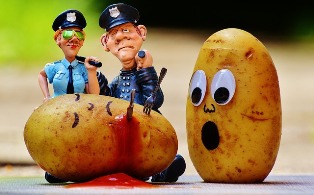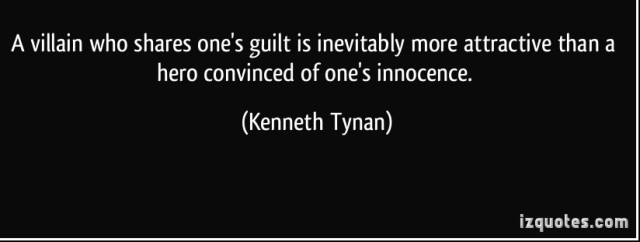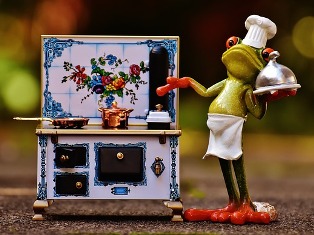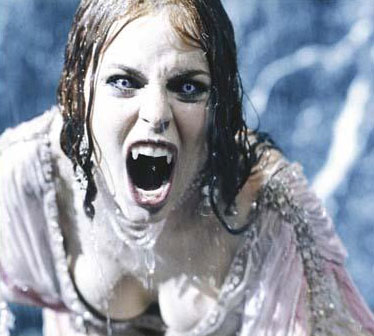WOE is a Necessary Evil
W.O.E. Is a Necessary Evil and Why you must endure it
Back in 1998/1999 I knew an aspiring writer who made and sold CDs of her books. I thought what an original idea this was — to record your book onto a CD and sell it. Never heard of such a thing. This writer included pictures and music too, since the CD was designed for use with your desktop computer. Selling price $5-$10. Amazing! I never bought one thinking this was too expensive and was probably a personal fad.
We see now that this author was way ahead of the times (Hello Audible!) but her CDs didn’t catch on with any mainstream group. They did illustrate something I’ve never forgotten:
Listening to the words and reading the words are NOT the same. The mood, tone, nuances, emotions and even characters are different when heard instead of read. Little did I know then that this lesson would be more important to me almost 14 years later.

This brings me to W.O.E. – Writer’s Oral Edit – and why it is a necessary evil and why you MUST endure it.
Writers today are repeatedly admonished to complete their edits by reading every word aloud. I hear the advice from every recognized authority on publishing from established authors to writing coaches, to established editors and agents. They will harp on this issue and bloggers keep posting about it. Why? Because it is probably the MOST NEGLECTED of the self-edits. And it is the easiest!
When I ask writers if they are reading their works aloud, invariably I get a shy but resounding “no.” I hear, “I want to. I know I should. I should have. I feel embarrassed. I don’t read well out loud. I didn’t have time.” Excuses and not even good ones.
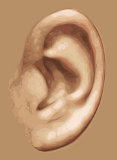
Their answers do not surprise me because I can tell from their work that hey didn’t have a WOE. I’ll explain how I knew in a moment.
-
First, why is reading aloud so dang important? Because the human speech has a modulating rhythm that has natural highs and lows like undulating water. Sometimes we are calm and other times excited, angry, scared, giddy and this rocks the smooth waters. This is how a written story moves, too, with the emotional impact of your words. But the undulation continues to flow smoothly despite the switch from calm waters. Therefore, writers must achieve a natural rhythm to the story when they write but these shifts in rhythms cannot be verified unless you hear them.
-
Second, reading aloud allows the writer to hear the character voices. Not in the head where imagination can fill in the gaps, but out loud where the voice cannot hide. If the tone is wrong coming up off the page, the writer will hear it and feel it. The feeling is a critical fix. Also, each character must have a clear personality which can disappear when reading silently. But when a character is heard, it is easy to sense when elements are missing. The same goes for POV (Point of View).
-
Third, reading aloud showcases overused and over extended words. Typically mine are: so, just, as, but, and, very, and perhaps (just to name a few of my worst mistakes). When a writer reads aloud escaping the frequency of the words is impossible. The words will pop up and make you hear how annoying they are when overused and how it drags the story down.
-
Fourth, reading aloud lets a writer sense when transitions aren’t working. The story feels wrong because the smooth shift didn’t happen. You didn’t hear it so the reader won’t find it either.
-
Finally, reading aloud tests the emotional impact of your words. If you don’t feel anything when you hear it then guess what? You have failed your readers! (and Green Arrow will put you down). Sure, we writers love our words but hearing them lays them bare and the feelings are bared too. We need to feel the whole of it and we can do that only when we hear it.
These five reasons for reading aloud I lovingly called the Writer’s Oral Edit, my WOE, because woe to the writer who thinks there isn’t any time, that it is a silly tool, who fears the outcome will create more work (isn’t that the point?), or who claims not to read well aloud.

Okay, you have issues. So how do you fix your woe over WOE? Practice. Every day read what you write when you journal or when you do your writing exercises (because I know you are writing every single day!) Read your WIP (work in progress) aloud at the end of your writing session. LISTEN to yourself. Record yourself and play it back. Let the computer read to you. Have a friend (who reads out loud well) read to you and hear what you are writing. Most of all — LEARN TO READ YOUR WORDS OUT LOUD.
No matter what. NO MATTER WHAT. The WOE is critical to a writer’s success.
As I indicated earlier, many times I can tell when a writer skipped the WOE because the characters all sound alike, the book is clipped, or the sentences ramble on forever. All of those mistakes, and more, are easily heard and fixed by just one WOE.

I do at least three oral checks. One as I write. Two after the content edits and the third when all the other edits are complete and the book is considered finished. You’d be surprised at the nuances you hear when you think your work is done. Also, I read to a friend, a beta reader or my Personal Author Assistant (PAA). It is very important to have someone else give you feedback.
And here’s a tidbit — WOE is important for me because I have 12 different characters who speak in my upcoming novel. I have 12 points of view and each character must have a unique voice. You only hear the difference well when you read them aloud and then tweek them! It’s like a house full of people who need a voice that stands out from the crowd, 12 times. I need the WOE!

Embrace your WOE. Let this be a lesson for you here and now. When you practice this and embrace the WOE you’ll enjoy a better quality novel and so will your readers (who are also reading aloud whether you realize it or not).
One last thought about reading aloud in general. If you hope to be published (or are published), you must engage in live author events like book signings or panels. You will be asked to read aloud from your novel. Unless you are a hermit, you cannot skip this moment. You don’t have time to be shy, feel silly or awkward. You must step up and become the voice of your book and do so comfortably. What you give the readers in that moment stays with them forever. You are the book’s voice — so practice until you read aloud well and with confidence.
Now, go write. I’ll be listening.
Thank you for coming by.
I remain, Yours Between the Lines,
Sherry

















